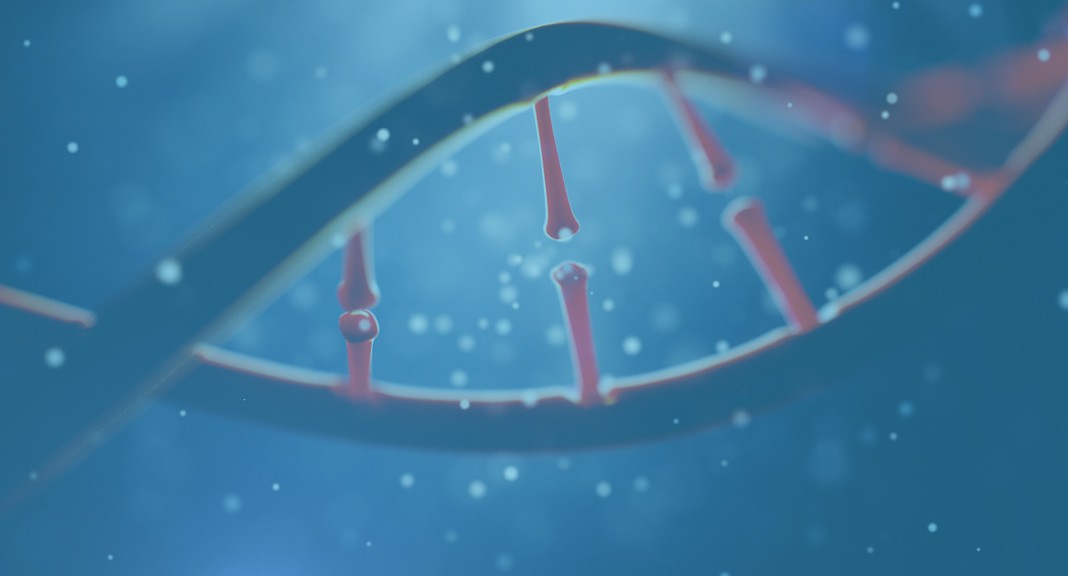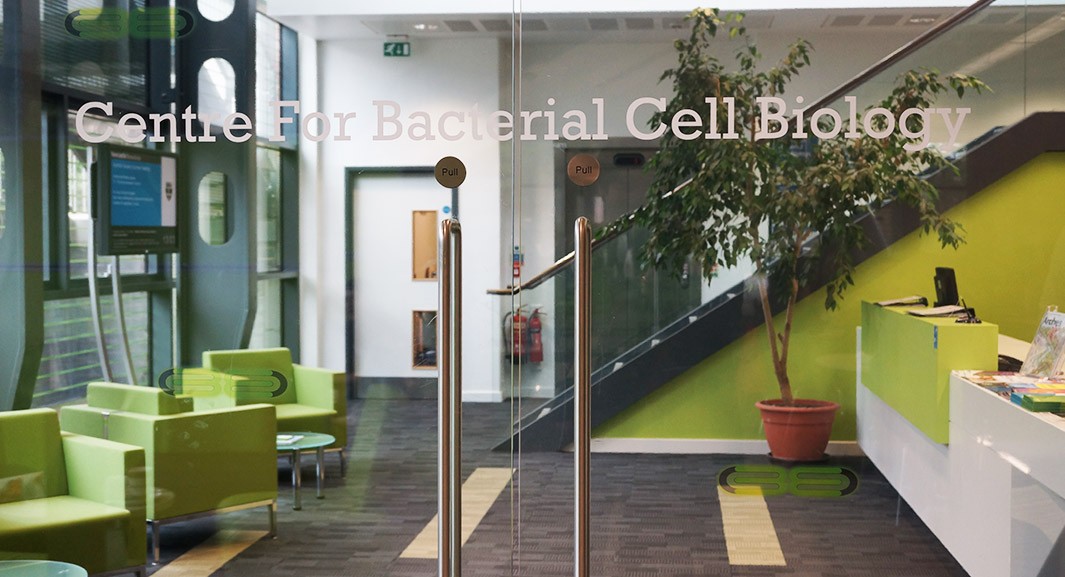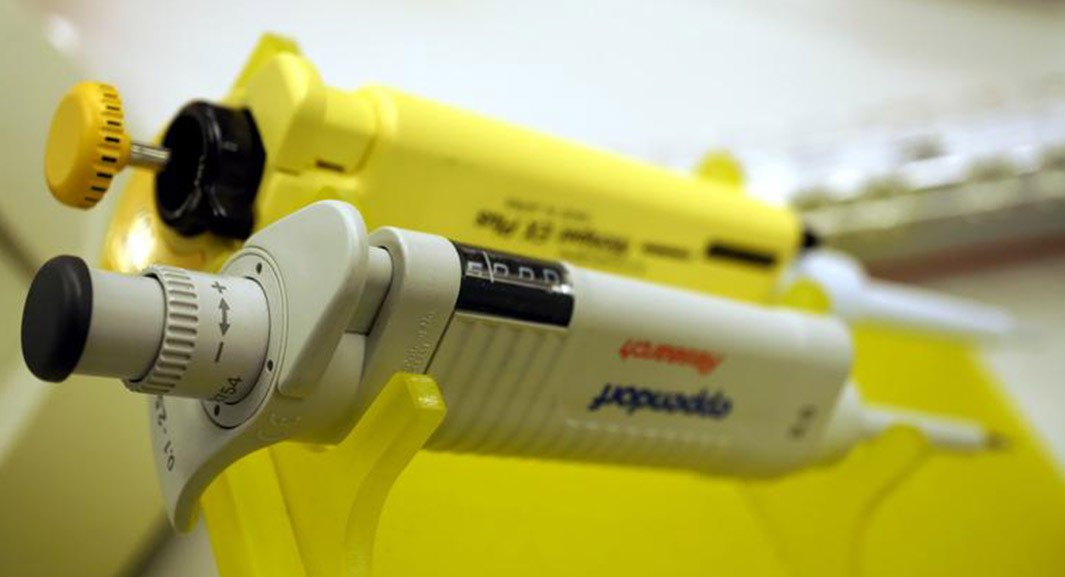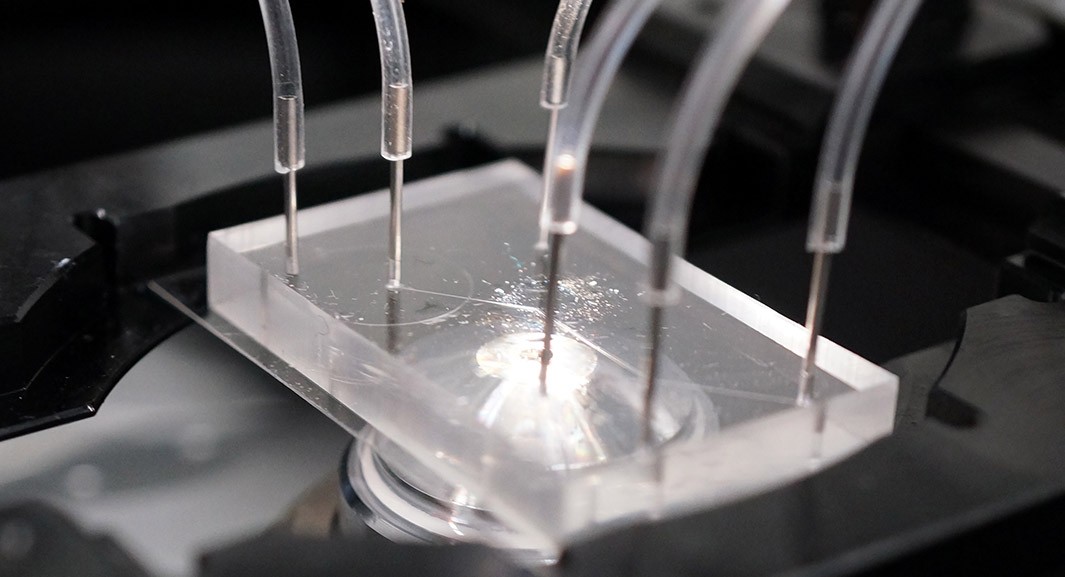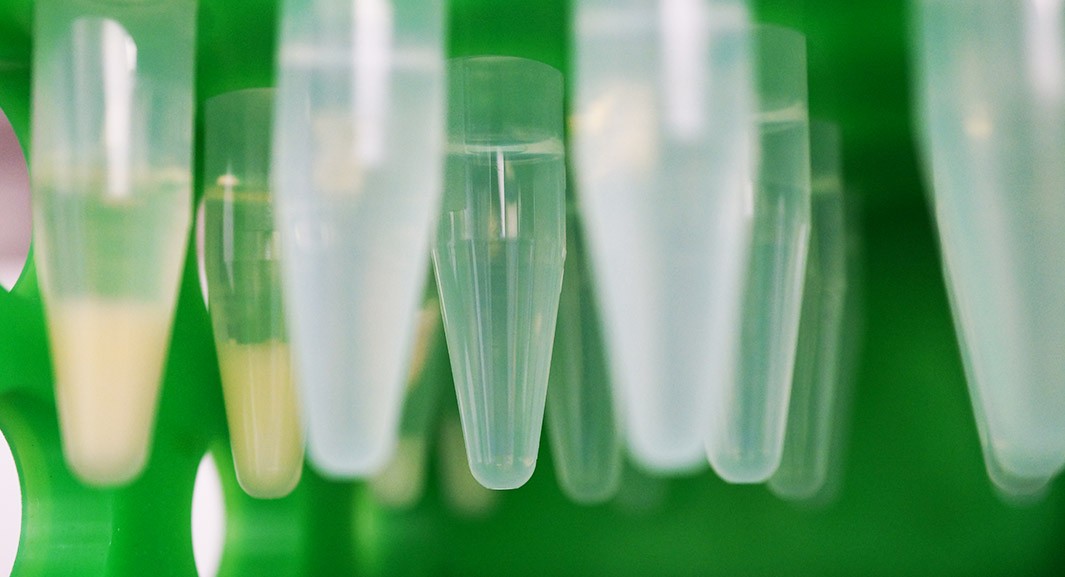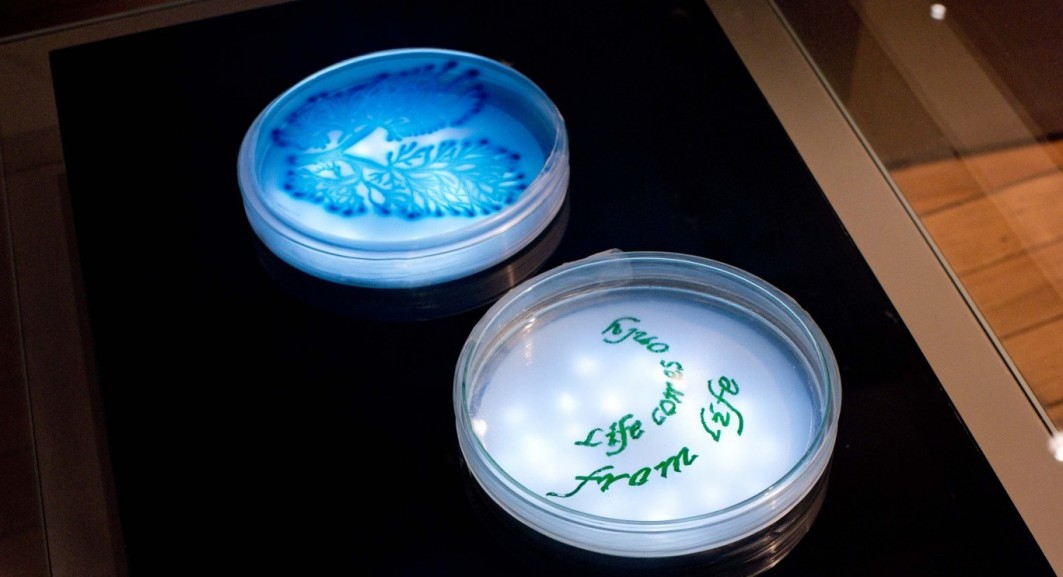Home
Portabolomics project closure
The Portabolomics project has come to an end on 31st of December 2022 after 6 very productive years (https://portabolomics.ico2s.org/resources/). The project concluded successfully with hosting the Synthetic Biology UK conference 2022 and the DSTL – Cybersecurity and Resilience NUCoRE workshop (Synthetic Biology: Hazards from Misuse) in November 2022. If you have any queries or wish to get into contact, please send an email to sara.friedl@newcastle.ac.uk.
Please have a look at our new state-of-the-art ICOS research labs in the Devonshire building at Newcastle University:


